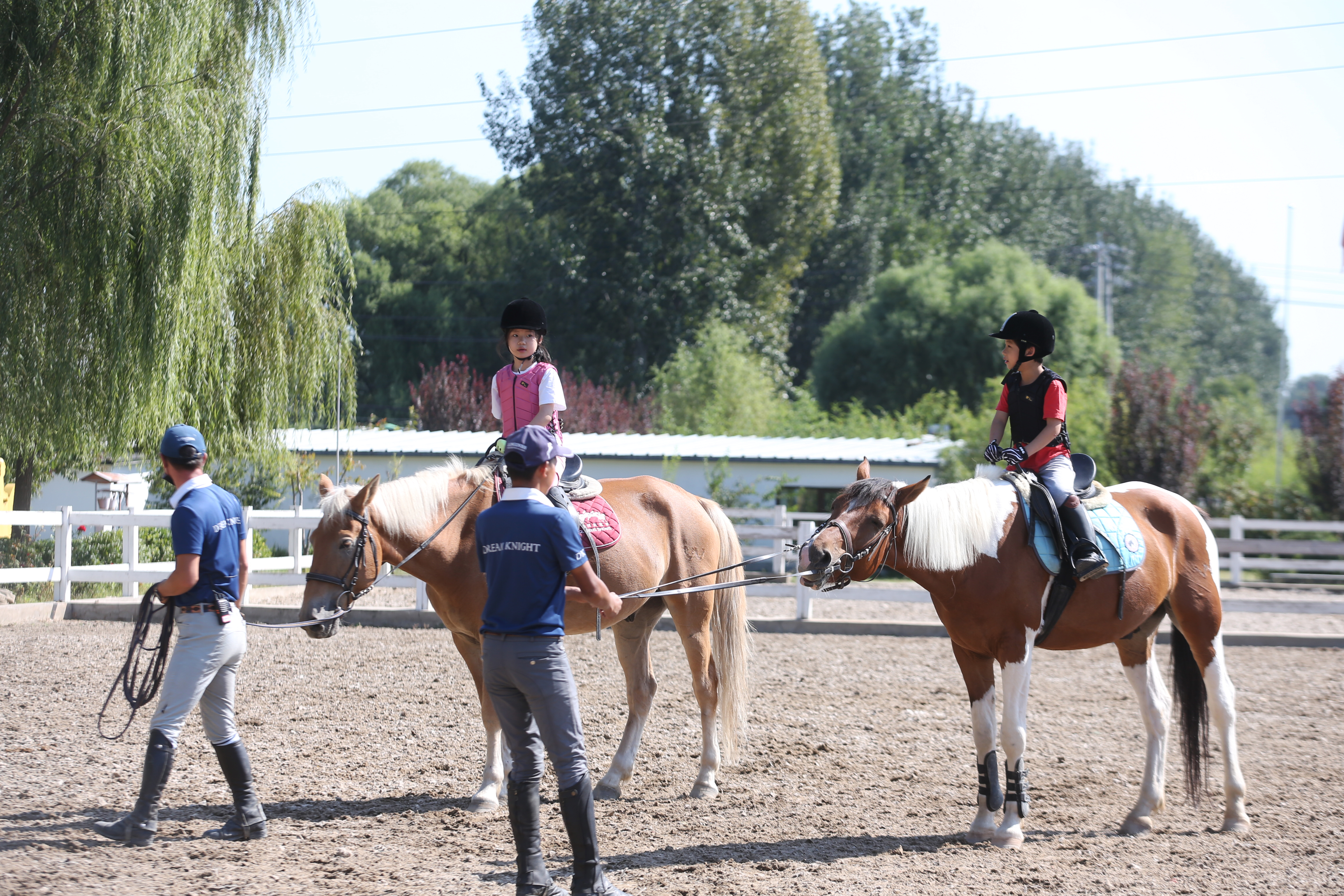Niche sports broaden children's horizons
Parents feel that fencing and horseback riding will open doors to new worlds. Zhang Yi reports.


Jiang Jiajun, a coach at Vango Sports, a fencing club in Beijing, said Chinese athletes' performances in international events have raised the sport's profile domestically.
Zhong Man and Lei Sheng won fencing gold medals at the 2008 and 2012 Olympic Games respectively, while the women's epee team won gold at the 2012 Games.
Jiang said the growing social acceptance of the sport in Beijing can be gauged from the rising number of clubs and contestants in fencing leagues every year.
He recalled that in 2006, when Vango Sports opened its first club in the capital, it was small scale and had few customers. Now, though, there are four clubs in the city. Back in 2006, there were few fencing club brands in Beijing, but there is far more choice today.
At the club where Jiang works, many children practice after school or at weekends, and their parents usually start them off at a very early age, Jiang said.
He noted that the parents come from all walks of life, including entrepreneurs, executives, and regular workers, and they all have financial muscle. Most of the students are ages 4 to 12, but there are also a few adults, mainly parents who learn as companions for their children.
Parents want to see their children's fitness improve through practice and for them to develop an interest in the sport. Fencing helps to develop concentration and coordination because it requires the simultaneous movement of hands and feet on the same side of the body, Jiang said.
"Fencing is an elegant sport compared with wrestling, boxing and other confrontational sports," Jiang said. "Many parents, especially those born in the 1980s, think it is cool and fashionable to show off if their children can master the skills, because few kids learn it."


















